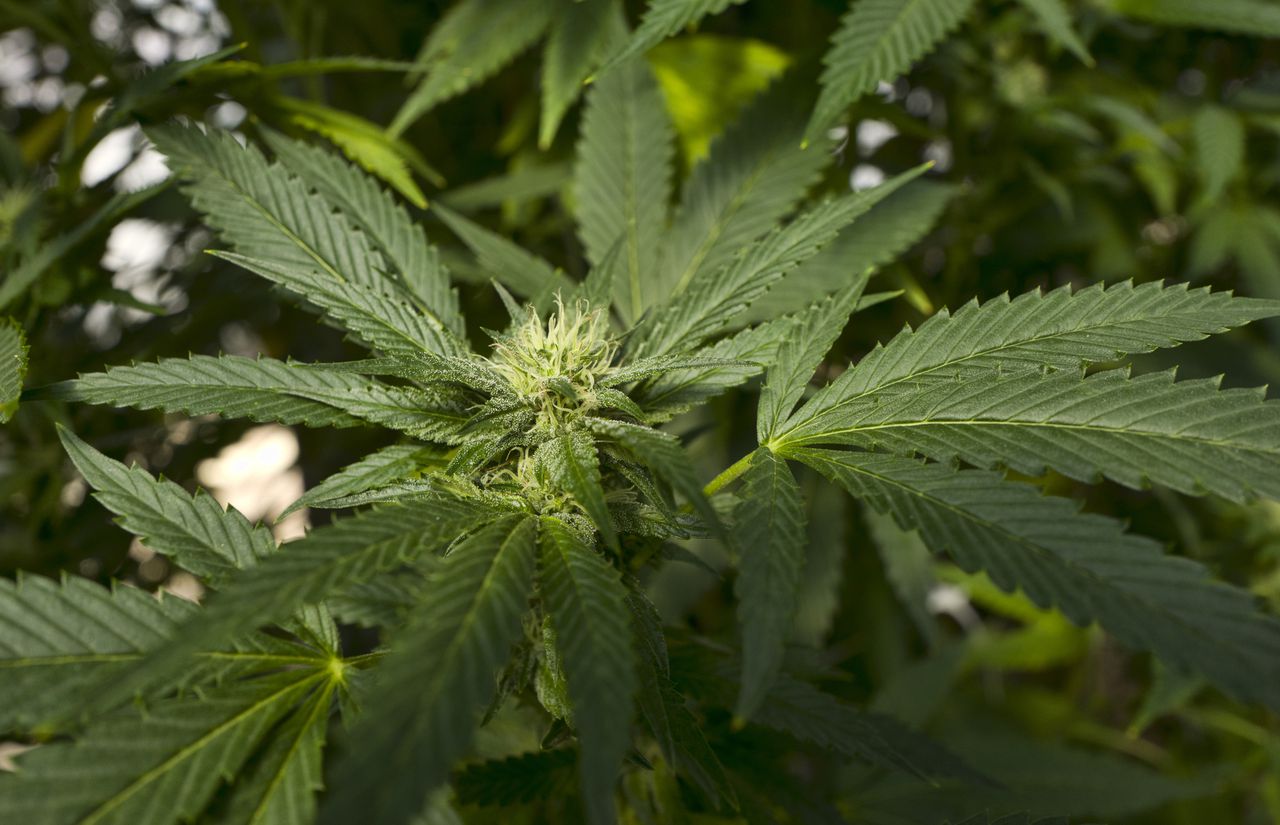Alabama urged to follow Biden on marijuana possession pardon: ‘It would give people hope’
President Joe Biden announced Thursday he is pardoning thousands of Americans convicted of “simple possession” of marijuana under federal law and urged governors to do the same for people convicted of the offense in their states.
The move will affect about 6,500 convicted of federal marijuana possession but will have no impact on Alabamians convicted in the state, according to the Southern Poverty Law Center.
“While we’re absolutely thrilled to see the President’s statement and the steps that he’ll be taking to pardon federal marijuana convictions, we would call the state of Alabama and Governor Ivey’s attention to his request for governors here as well as across the country to take steps within their own state to pardon those convictions,” said Jerome Dees, Alabama Policy Director at SPLC.
But the Governor’s office said there is little likelihood of that, and it would have to come from the Alabama Board of Pardons and Paroles.
“In Alabama, pardons are granted on a case-by-case basis by the Alabama Board of Pardons and Paroles, according to applicable laws and policies. In reality, though, even if the Parole Board could grant pardons to a general class of individuals, such an action would affect only a very small fraction of individuals currently serving prison sentences in our state,” read an emailed statement from Gina Maiola, Communications Director for the governor.
Marijuana possession is the fourth most frequent felony of conviction statewide, according to the Alabama Sentencing Commission.
The SPLC says there are nearly 2,000 Alabamians convicted of the crime every year. In 2016, Alabama spent $22 million on the enforcement of its marijuana possession laws.
Beyond state pardons, pardons for crimes in municipal courts can be granted on a city-level.
In April 2021 and 2022, Birmingham Mayor Randall Woodfin issued pardons to anyone in the city convicted of misdemeanor marijuana possession charges in municipal court , which has released over 15,000 people.
“Pardons for Alabamians convicted of marijuana possession would create such a positive impact on thousands of people statewide. It would give people hope that punishment for a simple, victimless crime is not permanent,” said Carla Crowder, executive director of Alabama Appleseed Center for Law & Justice, a legal nonprofit that has researched the impact of marijuana criminalization in Alabama.
“Tens of thousands of Alabamians have a felony on their records for possession of a substance that’s legal in states where half of Americans live, and now that the President of the United States has said is deserving of a pardon at the federal level, we need to fix this.”
The organization released a research report, Alabama’s War on Marijuana, which found that Black Alabamians are four times more likely to be arrested for marijuana possession than white Alabamians and in at least seven law enforcement jurisdictions, Black people were 10 or more times as likely as white people to be arrested for the offense.
“That felony conviction makes it harder to obtain a good job, access educational and housing opportunities, and enter certain careers. It’s a major barrier. Now it would be so easy for Governor Ivey to remove that barrier and help get more people into Alabama’s workforce,” said Crowder.
